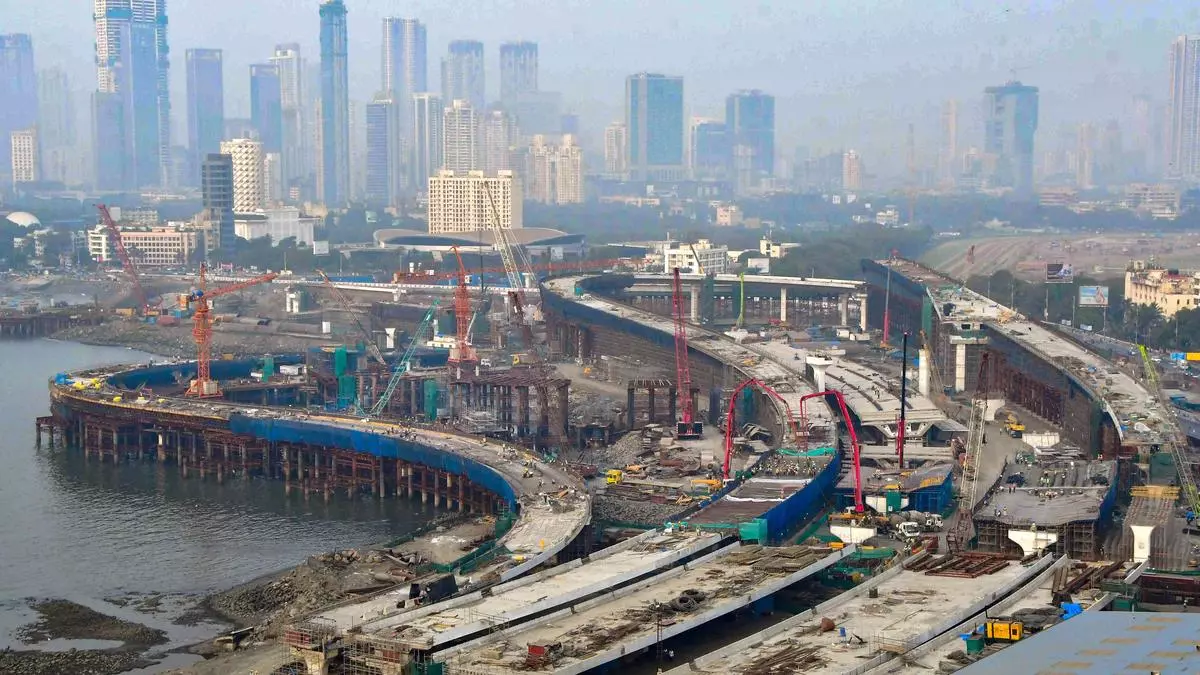Lenders and infra players push for linking project status to loan financing norms
Lenders and infrastructure sector players plan to seek relaxation in provisioning norms, and lengthening of moratorium on repayments, among others, in response to RBI’s draft guidelines on prudential framework pertaining to project loan financing.
“The provisioning requirement is very high. There should be differentiation between projects. Some amount of provisioning for under construction projects is understandable because of the risk. But once a project is completed, there is no need to hold 2.5 per cent provisioning because the government is the counterparty in most of the projects. We can’t have a one-size-fits all approach to project financing,” said a top public sector bank official.
5% Provisioning
The official underscored that the 5 per cent provisioning requirement is probably based on historical data, which takes into account the highly skewed NPA (non-performing asset) numbers of the 2014-2017 period.
“The proposed prescription does not give weightage to the course correction undertaken by the government in the last 4-5 years to ensure that infrastructure projects are fast-tracked. We have not seen much stress in the infra portfolio after 2018,” he said.
Moreover, in the last 4-5 years, default in banks’ infrastructure portfolio has been around 1-1.2 per cent. So, 1 per cent provisioning should be adequate instead of 5 per cent. After project completion, the provisioning should be much lower – around 0.4 per cent.
Bankers say the moratorium on repayments beyond DCCO (Date of Commencement of Commercial Operations) should be realistic. While the draft proposes moratorium period not exceeding six months, it should be realised that projects take time to ramp up.
Sometimes, it could take even two years to get the desired cash flows. So, the moratorium period needs to be re-looked.
“There are prudent guidelines for standard provisioning for loans and advances. In such a scenario, levying a 5 per cent provisioning for projects under construction seems to be a bit beyond reasonable credit-risk caution and almost borders on signalling a trust deficit on credit appraisal process of project financing banks and institutions,” opined Kiran Chonkar, Partner, Corporate Finance and Investment Banking, BDO India.
Infra major L&T, however, has a different take. “I think what is being promoted is responsible investing wherein the right project should be funded. This will reduce project failures,” said R Shankar Raman, Chief Financial Officer, L&T
(With inputs from Aroosa Ahmed)
